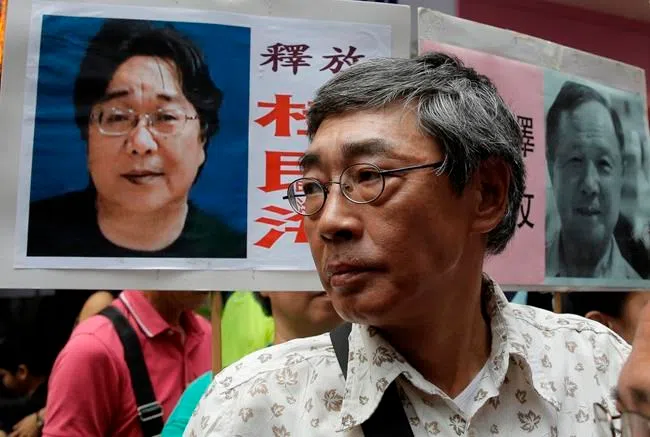
EU, Sweden call for China to release detained publisher
BEIJING — The European Union on Wednesday joined Sweden in calling on China to immediately release a Swedish book publisher who was taken off a train in front of his country’s diplomats by Chinese police four days ago.
The Chinese foreign ministry on Wednesday indicated Gui Minhai, the Hong Kong-based book publisher, and the Swedish diplomats who were with him may have been breaking Chinese law.
Gui was first abducted in 2015, one of five Hong Kong booksellers whose disappearances became a symbol of the extent to which China was willing to reinforce its hard line on squelching political dissent and a free press — despite international criticism.
The office of EU foreign policy chief Federica Mogherini said it “fully supports the public statement and efforts of the Swedish government” on Gui’s behalf.
